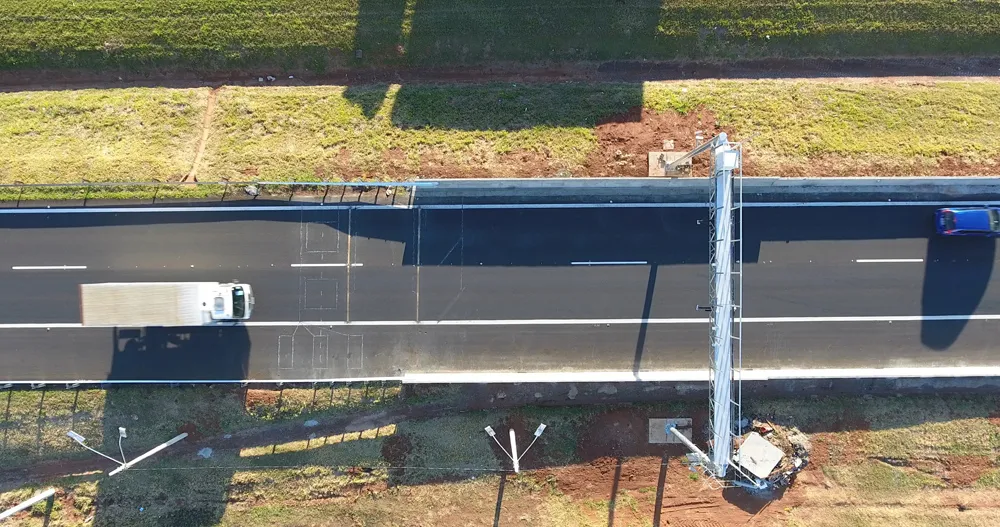Consultant Parsons Brinckerhoff will upgrade the fire fighting systems in the Mersey Tunnel in the UK. This move will improve the tunnel’s safety measures and bring it into line with stringent new requirements being introduced right across Europe. Under the terms of the deal international consultant Parsons Brinckerhoff has a contract to help Merseyside Integrated Transport Authority upgrade and modernise fire fighting systems in the Kingsway tunnels, which are two of the longest road tunnels in the UK. The
April 19, 2012
Read time: 2 mins
Consultant 4983 Parsons Brinckerhoff will upgrade the fire fighting systems in the Mersey Tunnel in the UK. This move will improve the tunnel’s safety measures and bring it into line with stringent new requirements being introduced right across Europe. Under the terms of the deal international consultant Parsons Brinckerhoff has a contract to help Merseyside Integrated Transport Authority upgrade and modernise fire fighting systems in the Kingsway tunnels, which are two of the longest road tunnels in the UK. The twin bore tunnels run 2.25km between Liverpool and Wallasey under the River Mersey and were originally built in the 1970s. The fire fighting infrastructure is now in need of upgrade to meet European regulations, which were introduced following fatalities in serious tunnel fires in Austria and Switzerland. Parsons Brinckerhoff is evaluating the existing fire fighting facilities in the twin tunnels and will design new systems along with nearly 100 fire hydrant points along the routes. The company has assisted the client in its selection of a main contractor and will now provide management and inspection services throughout the contractor’s installation contract. The demanding programme has seen Parsons Brinckerhoff leading feasibility, detailed design and programme management in close coordination with the client and other stakeholders including the emergency services. Final design proposals cover the tunnels and approach highways and include an installation approach to minimise disruption. Maintaining the integrity of the fire fighting protection on this busy commuter route during the works is essential and passenger safety has been a major priority










